28 Apr 2020
How to get the most out of food certification labels in France?
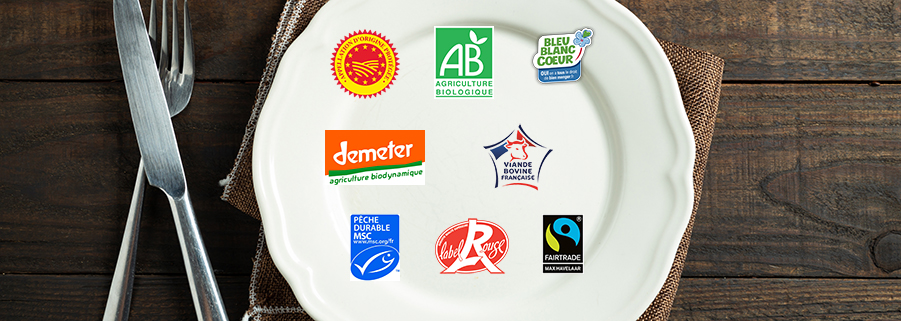
Who can say they have never had the experience of being bewildered by the array of icons on a food packet? In France, certification labels are many: Label Rouge, "Bio" (organic certifications), fair trade, made in France, pesticide-free, Bleu-Blanc-Coeur, AOC, nitrate-free... These labels and other mentions are growing ever present on supermarket shelves, with the risk of infringing on consumer understanding and impact.
Among the many labels that coexist on food packaging, how can you ascertain which ones are linked to an official set of specifications, and which ones are pure marketing? What labels have the best consumer recognition? Will they contribute to a purchasing decision? How can you highlight labels on your product's packaging?
Experts in food marketing in France, Jeremy Correia and Florence Vachey of JPM Partner gave us a few pointers.
Labels or mentions: what's the difference?
Official labels
Among all the labels and mentions that exist, only six are subject to European or French regulations. These are two protected labels of origin (AOP, or Appélation d'origine protégée, and IGP, or Indication géographique protégée), a traditional product protection (STG or Spécialité traditionnelle garantie), organic certification (AB or Agriculture biologique) and the Label Rouge ("red label) premium quality certification (you can find out more at the French Economy Ministry website). These labels serve to highlight a production method or geographic origin, and are generally considered as signs of "premium quality" as well as being subject by a strict set of specifications to be respected by the manufacturer.
Private certification labels
Like the "Fair trade - Max Havelaar" certification launched by the Max Havelaar Foundation, there are a number of private certification labels. While not subject to official regulation, they do require adherence to strict conditions. Delivered by independant organisations, these labels include certifications from Demeter, Rain Forest or Pêche durable MSC (sustainable fishing). As for the official labels, these certifications "are evidence of your company's commitment to a cause and its values," explains Jeremy.
Mentions to highlight product quality
Over the last few years, an increasing number of mentions on packaging have appeared to address consumer expectations: "pesticide-residue free", "nitrite-free", "made in France" etc. They are different from health or nutritional claims subject to European regulations. These mentions translate visually the manufacturers efforts to review questions of primary product supply chains or their product formulation.
"Both official labels and mentions can add value or reassure your consumers," adds Florence.
Finally, there are mentions like "Elu produit de l'année" (the French version of "Voted product of the year" franchise) that do not highlight production, quality or origin, but is simply the result of a vote by a panel of consumers.
Labels, certifications, mentions…: what will help you sell more?
According to a survey by Kantar-Worldpanel, Label Rouge (96%) and AB (95%) are the most recognised labels. However, putting an AB label on your packaging is not guaranteed to boost your sales. In fact, it places 20th in the list of mentions that contribue to a purchase decision. With a touch of national pride, in first place are the mentions indicating the French origin of the product (source: LSA).
With consumer expectations multiplying, we are currently witness to a large number of new mentions addressing niche concerns: animal welfare, organic conversion underway, carbon footprint etc.
It is thus tempting for a brand to try to address several segments with multiple mentions, but this risks reducing the clarity of your messages and confusing the consumer.
"All mentions are going to complexify the consumer's reading of your message," warns Florence. "Brands need to make choices about what mentions and labels are going to have most impact on their packaging."
So how do you choose the right elements to convince a French consumer?
Packaging: how to gain value from your labels and mentions?
Before choosing a label or mention for your packaging, you need to identify the values that your brand will be conveying. "A label is a commitment that you are communicating. Today, the fact is that a company can have commitments in many areas: production, CSR, supply chains etc. Putting a label on your product provides your consumer with proof," Jeremy explains.
"Consumers have many ways of decrypting packaging. Their eye will inevitably fall on the labels they recognise," Jeremy continues. "In the case of a cooked ham, the eye will detect a number of pieces of visual information: Label Rouge, "nitrite-free" mention, the AB logo. The consumer has his own system of filtering the promises. Labels are used to direct a consumer through the buyer journey: reassurance, trust and commitment according to emotional criteria etc. You need to know what to prioritise."
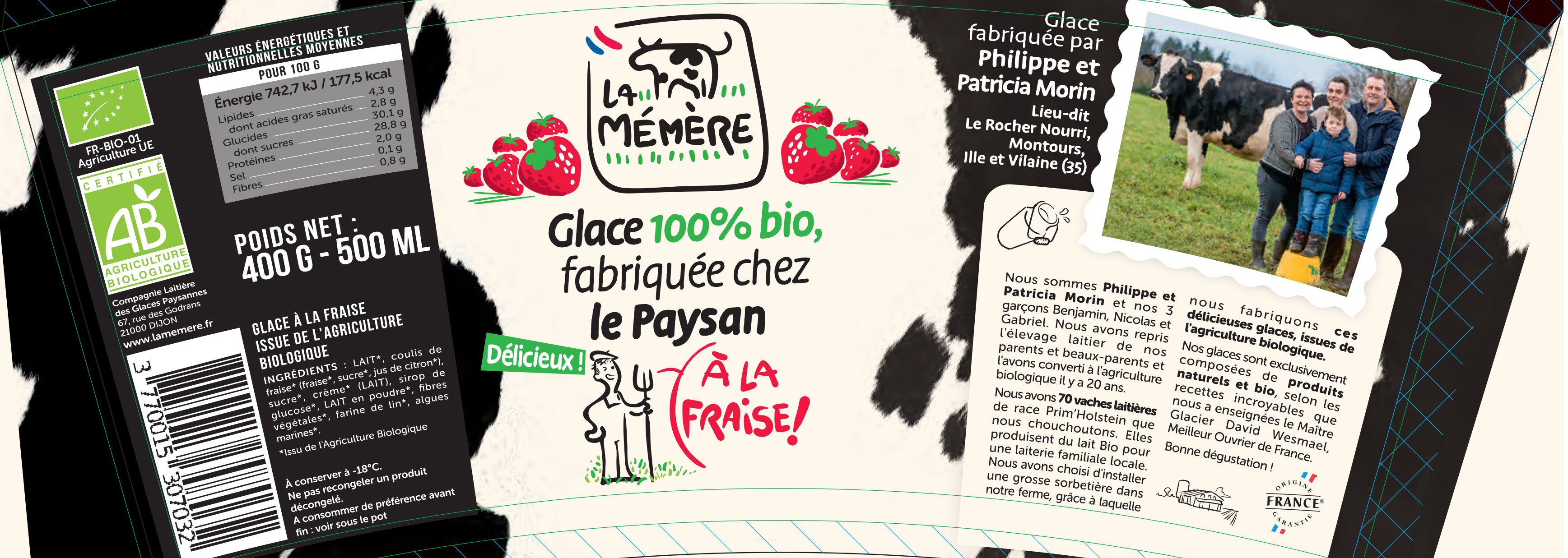
The example of La Mémère icecream
La Mémère is a brand of 100% organic, 100% artisanal icecream. The milk is directly processed on the farm and the recipes are developed by one of France's eminent icecream makers. One of the goals of the brand is to create added value to dairy products, but also to allow small-scale farmers to diversify their production and their revenue. JPM Partner worked with them on the brand positioning and packaging with a goal of differenciating La Mémère from other icecream brands.
"The AB certification alone wasn't enough to stand out from the crowd, as there are already a number of organic icecreams on the market. We wanted to create visibility for a relatively unknown brand and the values it conveyed," explains Florence. Three main elements were highlighted on the packaging:
- The authentic "farm" identity of the product with a visual representation of the farmer and the term "paysan" (denoting a traditional farmer in French)
- An organic label with the term "biologique" and the AB logo
- The French origin of the product with a a logo showing the French flag
"Placed on the side, the AB logo and the drawing of the farmer provided consumers with additional proof regarding the mentions on the front of the packaging," explains Jeremy. "On this packaging, we were not only addressing consumer expectations. We also wanted to highlight the overall brand mission. Consumers know how to read the values and intentions of a brand," explains Florence.
"Brands need to be careful with the labels and mentions they use, and in each case ask youself whether it is coherent with the values and expectations of your target consumers," warns Jeremy. "As is often the case, quality is better than quantity."
Go further
Labelis and certifications can have to effect of providing a consumer with reassurance, but require a significant commitment from a company. If you would like to delve into this subject regarding opportunities for your products in French markets, contact me: elisabeth.lustrat@vitagora.com.
And don't forget to sign up for our blog - you will be alerted when a new article is published. It's free! (2-3 articles per month).




 Home
Home

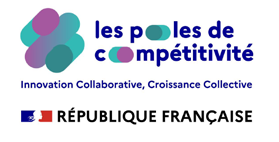

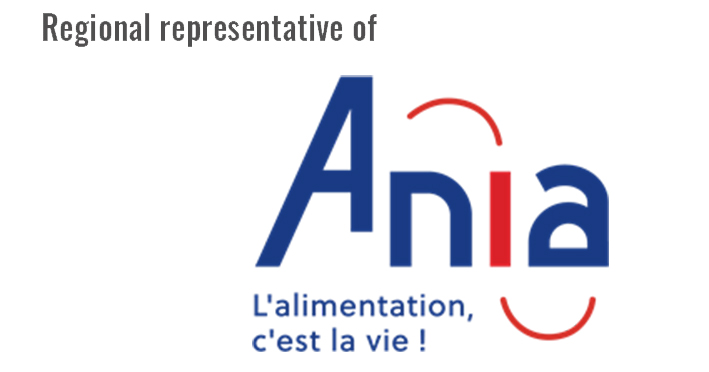

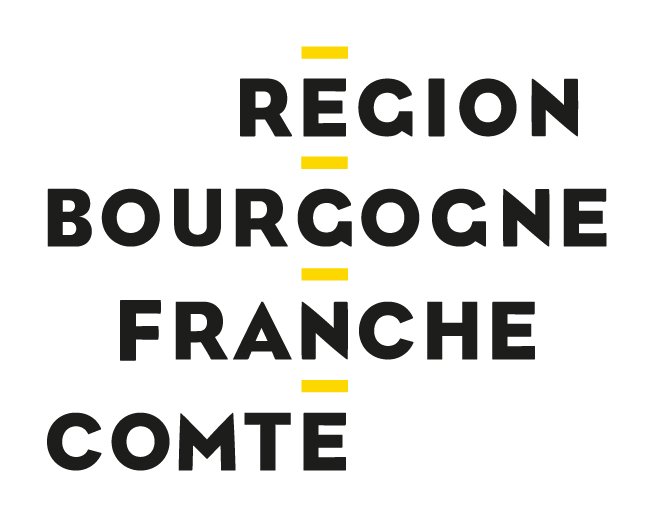
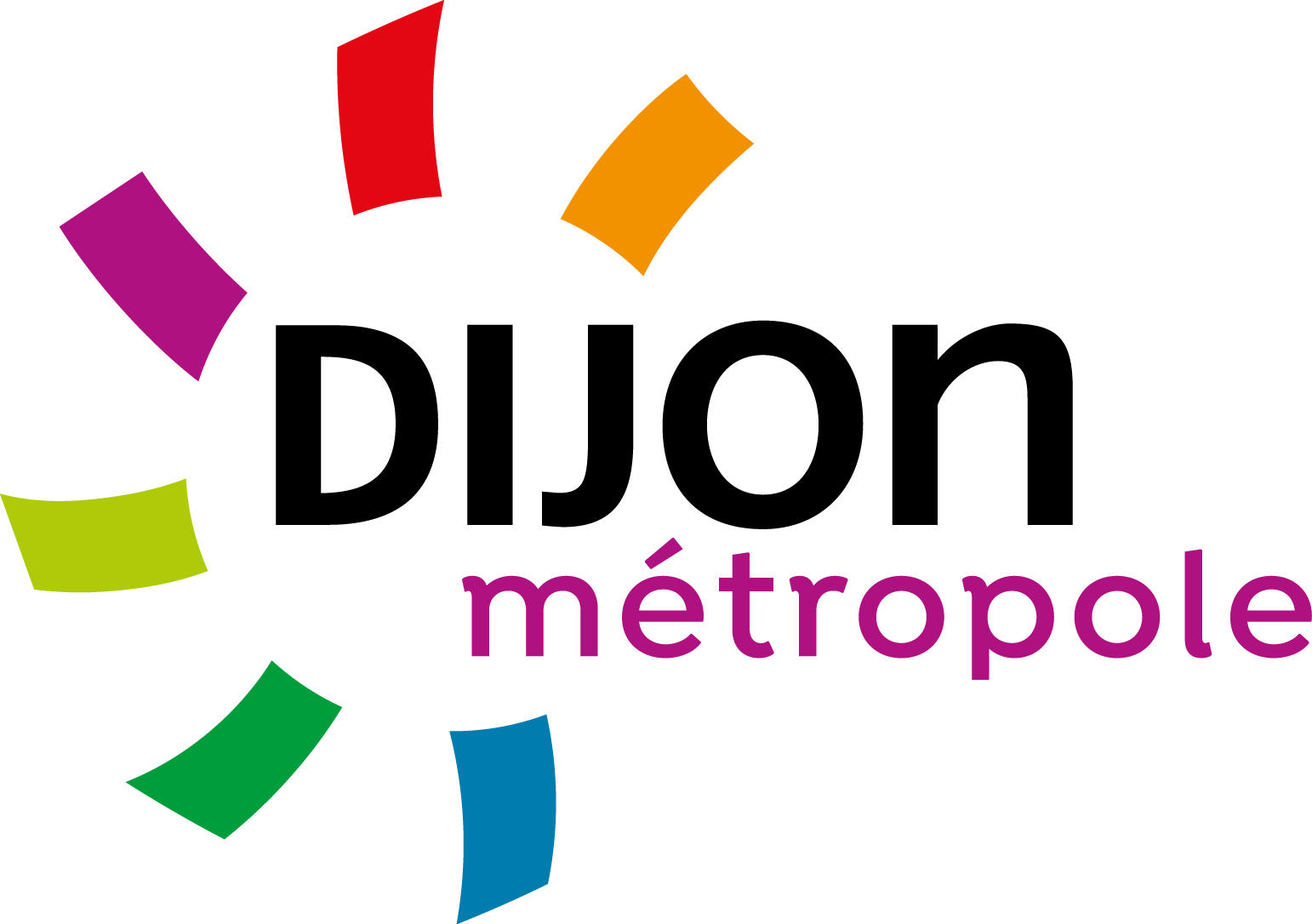









Share your opinion
james
15 July 2023 at 07h46
james
15 July 2023 at 07h46
Vikiyat
14 June 2023 at 03h03
candipharm.com
13 December 2022 at 02h07